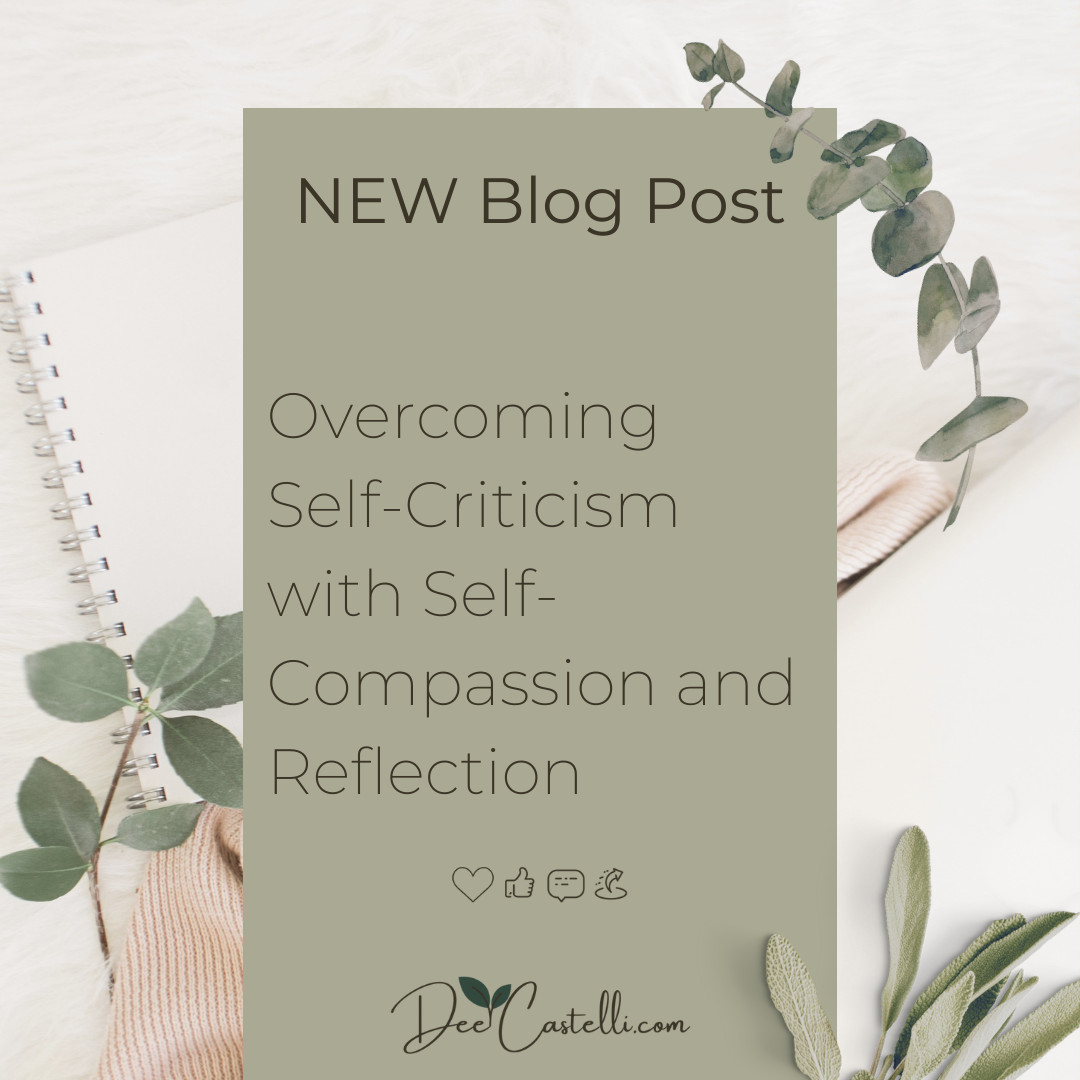
As humans, we all have an inner voice that uplifts and encourages us or tears us down.
What's an inner voice? That sounds a bit weird.
It might sound odd if you're not familiar with it, but "inner voice" or "internal voice" simply refers to the thoughts and feelings within ourselves. It's a normal part of being human. It's just a way to describe how we communicate with ourselves in our minds. Some people might call it "self-talk" or perfectionism.
Whatever you choose to call it, it's there. We do talk to ourselves in our minds, even if that sounds a bit weird. Some of us even talk to ourselves out loud. (Just sayin' — it's ok)
What Is an Inner Critic?
Our inner voice becomes an "inner critic" when it's persistently negative and harsh. This critic is quick to point out our flaws and mistakes. Our inner critic is an internal voice that judges, criticizes, and compares us to others.,
It's that nagging feeling that we're not good, smart, or pretty enough. It's the voice that tells us we're a failure, that we'll never succeed, and should just give up. For most people, an inner critic can be challenging to deal with, but it can be especially difficult for those with a history of trauma.
This negative self-talk damages our self-esteem and confidence with constant criticism and judgment. It makes it difficult to take risks or try new things. We can feel overwhelmed or stuck.
A Positive Inner Voice
Our inner voice can also be positive and empowering. We can cultivate a more compassionate and supportive inner dialogue. We can turn it around, and I have tips for you based on my experience with a rather harsh inner critic and spinning internal dialog.
Side note – you may see information about “silencing” our inner critic. My approach in courses and workshops uses the word “calm” instead. Why? Because I believe a healthy internal voice corrects us. It’s part of what we call “having a conscience” and can show up as shame to correct us. When our emotions are fully balanced, they ALL serve us. So there is no “negative” emotion, really. (see my emotional balance course for more detail)
Where Does An Inner Critic Come From?
An inner critic is often a result of peer pressure, past experiences, and insecurities. It can also be a way to protect ourselves from potential failure or rejection.
For those who have experienced trauma, our inner critic may have developed as a means of self-protection. It may have been a way to avoid further harm or to cope with painful emotions.
Our nervous system is designed to protect us from emotional and physical pain. We are trained to believe: If we can do things perfectly, we can avoid emotional and physical pain.
By recognizing the origins of our inner critic, we can begin to understand it and shift toward healing.
An Inner Bully
A healthy inner voice is faint, quietly running under the surface. We may not even notice it's there.
If our inner voice is a persistent inner critic that is constantly activated by current situations or past experiences. It is loud and never quiets or calms and is really a bully. We are bullying ourselves!
This was one of those “aha” moments for me.
The persistent inner critic tells us we're not good enough, that we're fundamentally and fatally flawed, or that we'll never reach our goals. For those who have experienced trauma, our inner critic can be especially powerful and increase feelings of shame, guilt and low self-esteem.
The tone of that voice may not even sound like our voice. The messages it beats us with may not be our thoughts. Where did it come from? It may be that inner bully is based on what others have told us about ourselves. It can tear us up. It's unproductive.
Having a harsh inner critic can feel overwhelming and exhausting. It leads to feelings of self-doubt and may turn into deeper feelings of worthlessness, anxiety, depression, and even hopelessness. It leads to a sense of hopelessness and despair, keeping us in a cycle of self-blame, self-criticism, and self-doubt. Our inner critic can make us feel like we are constantly failing, and breaking out of this negative cycle can be challenging.
For individuals with a history of trauma, our inner critic might activate traumatic memories, which then causes even more emotional distress.
How We Can Turn It Around
It's important to remember that the inner critic is not the truth. It's just a voice in our head, and we can learn to manage it.
Calming our inner critic requires effort and patience. It means learning to love and accept ourselves, flaws and all. It means recognizing our strengths and accomplishments, even in the face of self-doubt. It means treating ourselves with kindness and respect.
One of the most effective ways to deal with the inner critic is through self-compassion. This means treating ourselves with the same kindness, concern, and understanding we would offer to a good friend.
Everyone experiences self-criticism to some extent, and seeking support, practicing self-compassion, and challenging negative self-talk can all help overcome a harsh inner critic. I am here to guide you based on my healing journey and as a recovering perfectionist!
I transformed my inner dialogue into a kind and compassionate voice. Even though negative self-talk still shows up occasionally, it’s much easier these days to turn my thoughts around quickly into compassionate and productive thoughts and actions. That inner bully is gone, and I have an inner friend instead.
Aroma Reset is your #1 way to shift emotions and thoughts that make up our inner voice. It’s the quickest way to invite new thoughts and ways of seeing things. I wish I’d had this technique sooner. It accelerated my healing.
Are You Ready?
With time, patience, and self-compassion, you can learn to calm your inner critic and create peace from within. You can learn how to nurture yourself and stop negative self-talk. You can improve your well-being and reduce overwhelm.
I share resources and tips to support your empowered growth to calm your inner critic. My masterclass, workshop and social posts cover: What’s an inner critic and how does it affect me? What are signs of an overactive inner critic? How do I calm my inner critic?
Imagine having a more loving inner voice. Learn how to stop negative thoughts and treat yourself better. Join us in June for our Masterclass or check out my Calm Your Inner Critic course.
Join us for our June masterclass on Calming YOUR Inner Critic!
Get notified as soon as registration opens up by signing up here
You can also take my mini course to go at your own pace if that suits you better
Share your thoughts and comments below ▼ I love hearing from you ❤️
Click here to get your Aroma Reset guide - This simple technique clears your limiting beliefs and negative thoughts. Your powerful sense of smell unlocks the part of your subconscious brain responsible for making decisions on autopilot. That instinct or survival brain isn't open to reason and logic. Empower yourself at that level to accomplish every goal you set!
Copyright © 2023 All Rights Reserved by Lemons and Sage, LLC

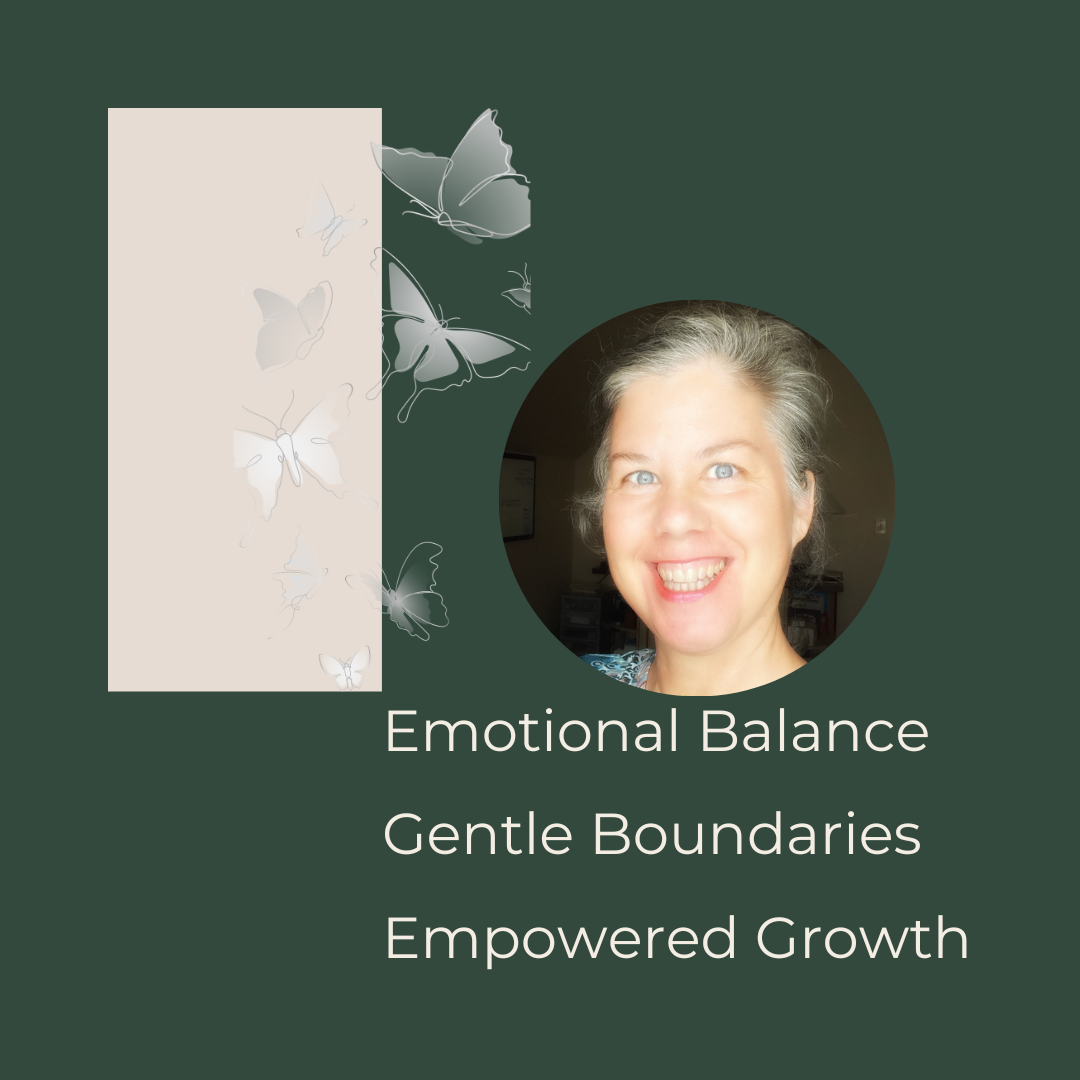 Hello and welcome to my little corner of the web where I share my healing journey with you. That sharing helped many along their own healing journey. As you read I wish the same for you.
Hello and welcome to my little corner of the web where I share my healing journey with you. That sharing helped many along their own healing journey. As you read I wish the same for you.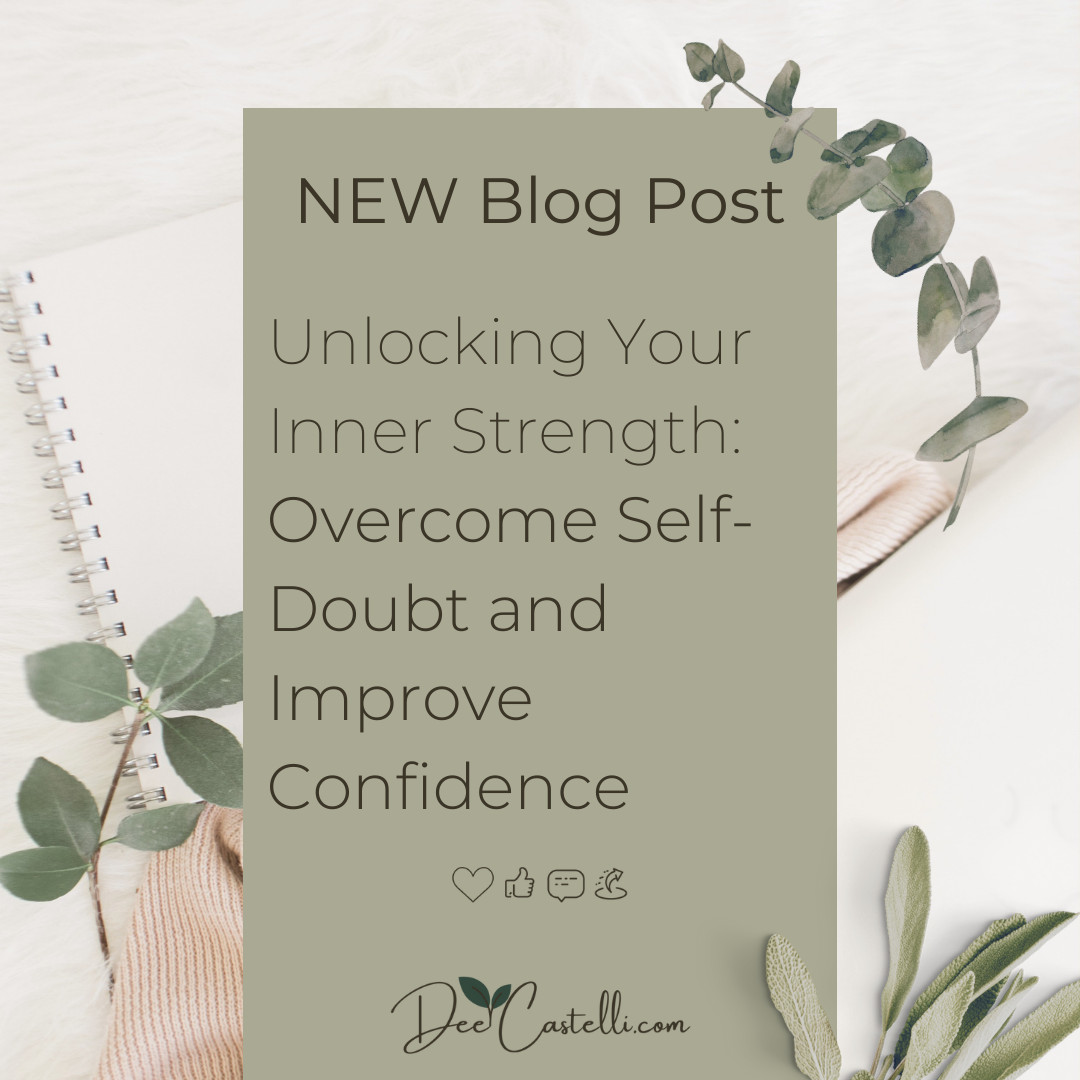


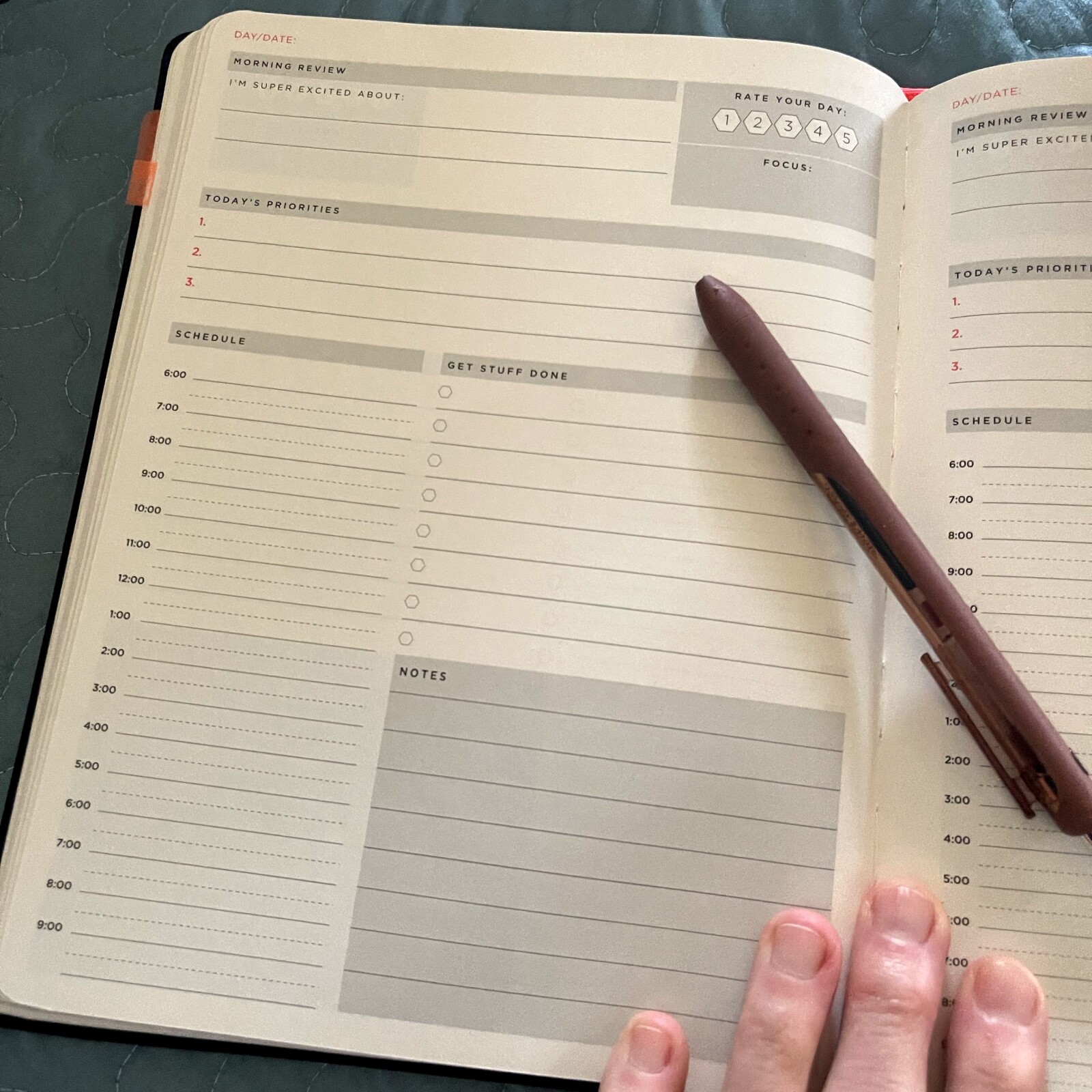
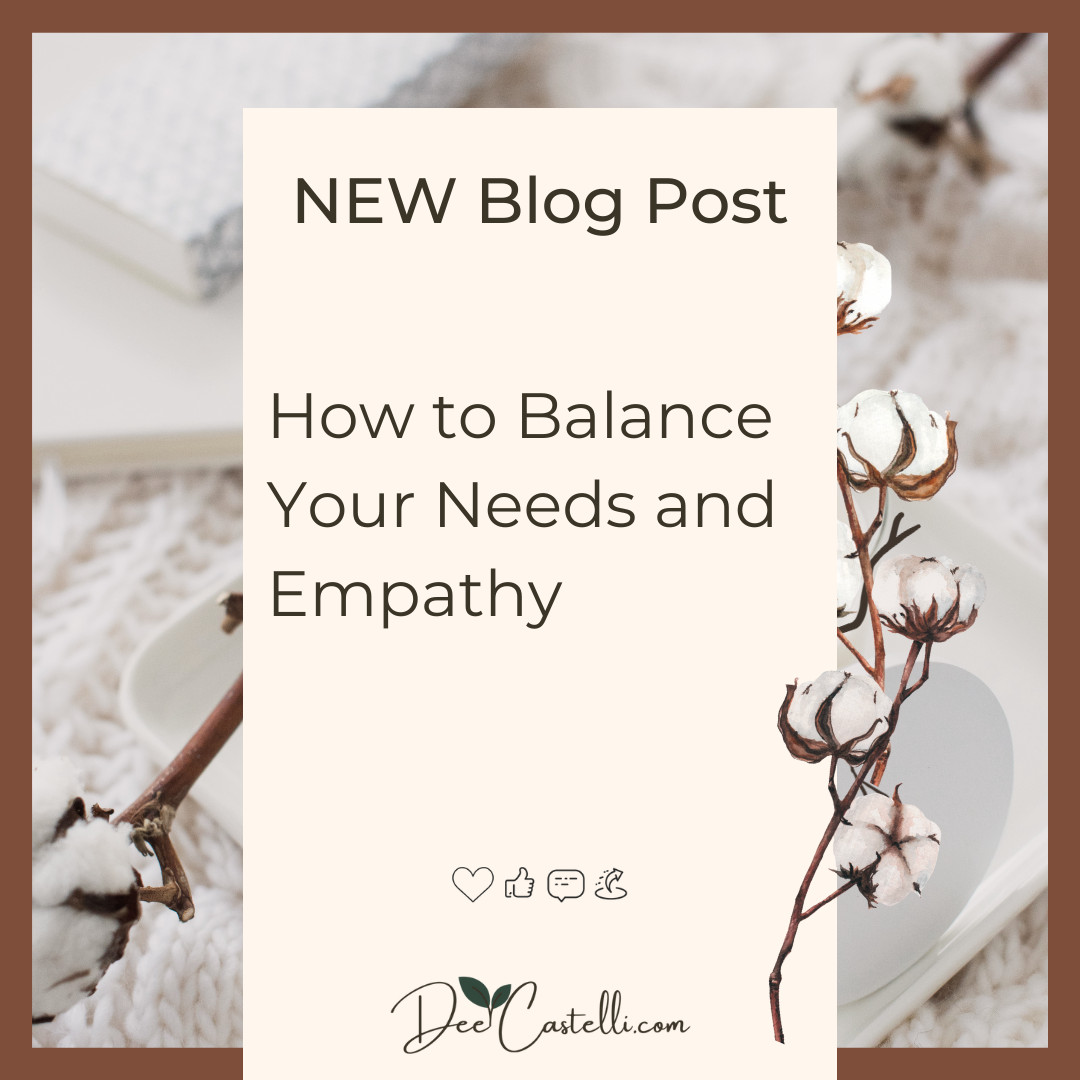
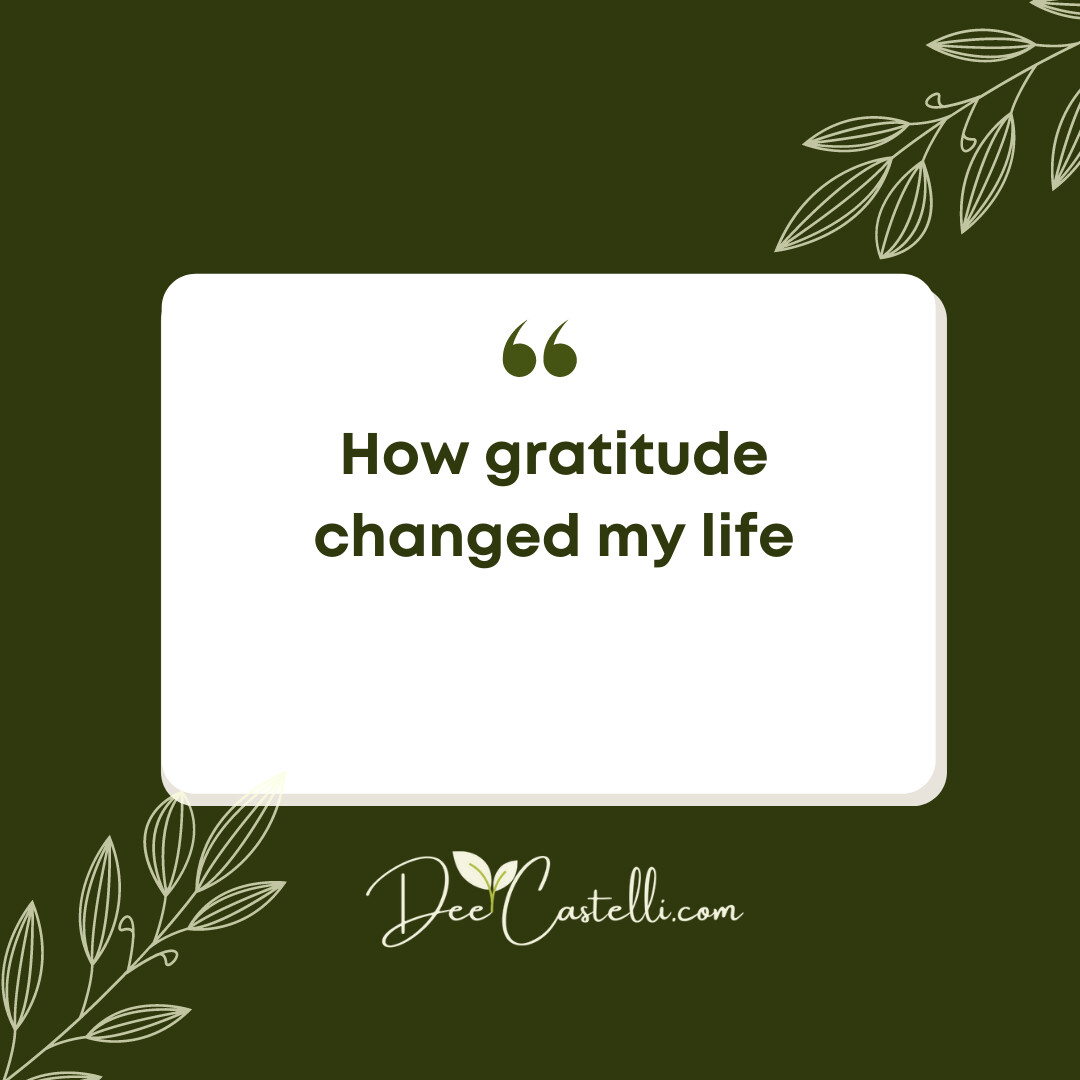


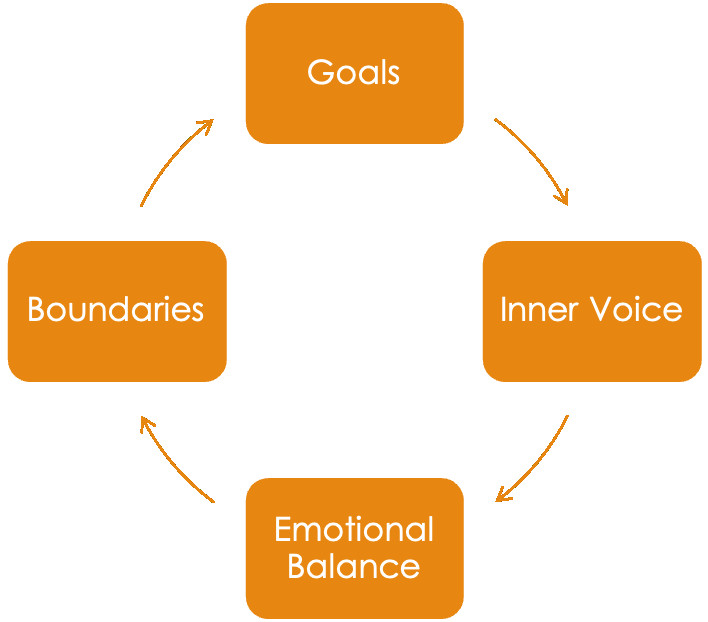


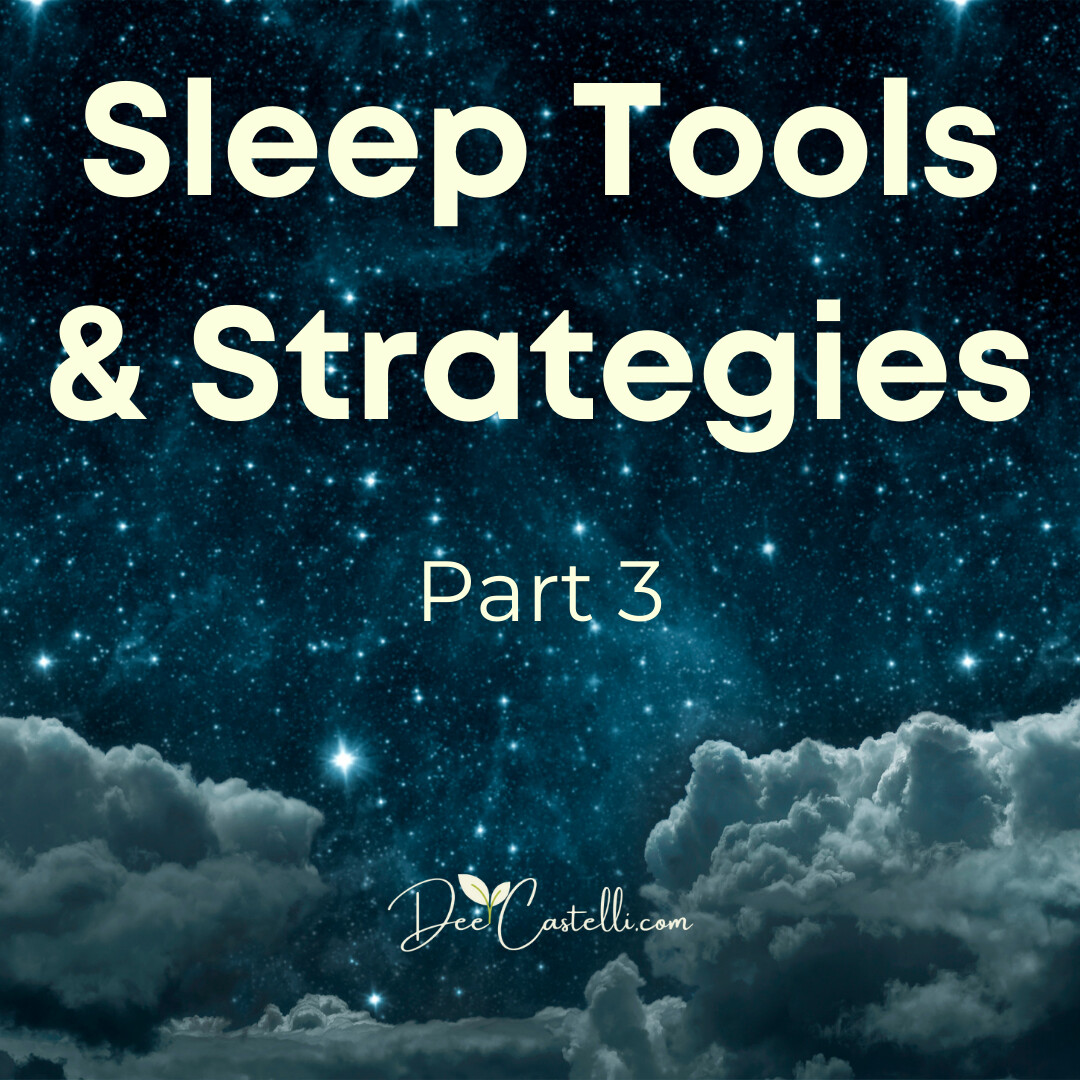



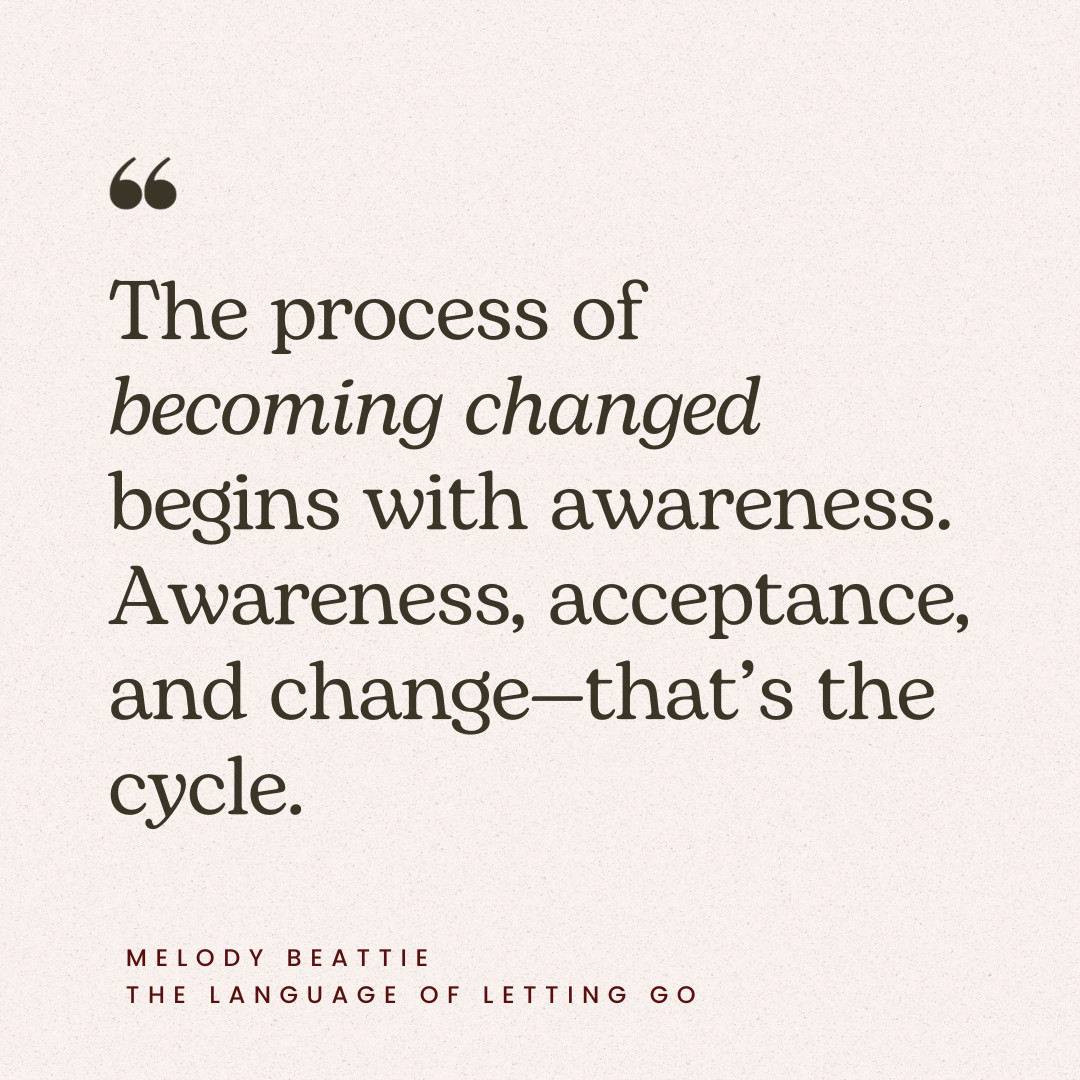


0 Comments